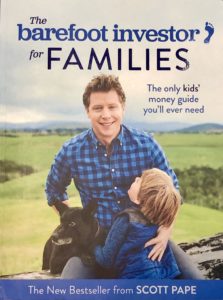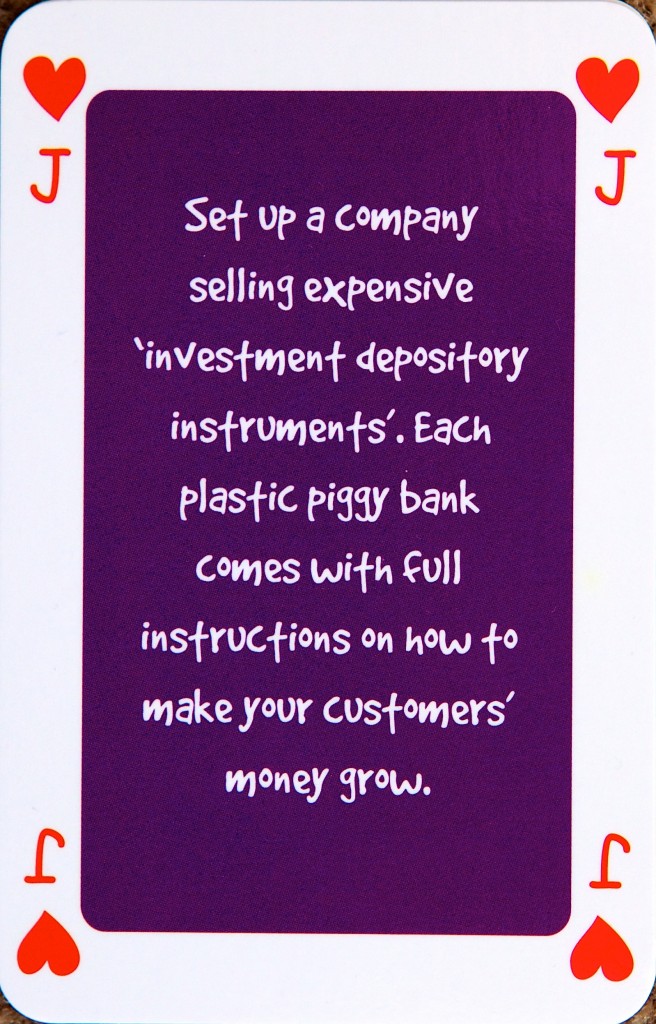Kids And Money
“I’m not going to nag you, then throw money at you!” -Eleni, mum to two boys who are reluctant to earn their pocket money.
Introduction
The following information is for prospective parents, new parents and old parents. Or anyone else who just wants a few giggles (but not Jimmy Giggle – his voice annoys the shit out of me).

Photo courtesy Tracey Devereaux Photography
Reading this topic might make you reflect on your family when you were growing up. You may look back and realise that your family was pretty good with money. Or it may bring back memories of how hopeless your parents were with their money and how they passed that onto you. If that sounds like you, remember that just because you didn’t have money and your family wasn’t good with it growing up, doesn’t mean your kids have to be the same. It’s up to you to show your children this situation can be changed.
The effect children have on your finances deserves attention as they can cost a lot of money. How much they cost will differ greatly from family to family, and the more children you have the cheaper the next kid is for you. The cost also varies depending on whether you decide to go for an 18 carat or 9 carat gold cot, or the el cheapo wooden version. But you’re looking at an average cost of about $300,000 to raise a child to age 21. Of course, this amount doesn’t take into account the income you can earn by exploiting your child, especially if they have some sort of talent or can fit easily into chimneys.
FURTHER READING:
The number 1 book for parents who want simple guidance on how to teach their kids about money, written by the guy who knows more about finance than anyone else. This book compliments Scott Pape’s bestseller The Barefoot Investor that I mentioned in the Investment topic.
As you are reading the Kids And Money topic, please understand that I am not trying to tell you how to be a parent, but rather giving you guidance for passing on information to your children about money. After all, I don’t consider myself to be an expert in parenting. Neither does my wife. Or our kids.
The sub-topics in this chapter start for people who are planning on having kids, then go on to those who are pregnant, have babies, then young kids and finally older children through to late teens. Like the rest of the course, Kids And Money is not intended to be comprehensive for all areas covered, but to help steer you in the right direction. If you have experienced something I have neglected to cover, and feel it needs addressing, please drop me a line so I can include it. As the following incorporates so much of the earlier information, it is best to read this topic in order, after you have completed the rest of the course. Besides, if you have just skipped straight to this page, you won’t understand the relevance of the picture of that playing card there on the right.
Special needs
The cost of raising a child is also very much dependent on their health. For the purposes of this website, I have assumed that you are lucky enough to end up with a healthy child whose only illnesses involve minor, temporary afflictions, or more serious problems like allergies and asthma that can be fairly easily diagnosed and controlled. I understand that this assumption will be frustrating for those of you caring for children with special needs or a serious illness and for that I apologise. I also take my hat off to people in this situation who are able to cope with everyday life. Finding services that can help people with special needs kids will largely depend on the disability or need of the child, but as a starting point for assistance try The National Disability Insurance Scheme.
Next Sub-topic: Getting Pregnant>>
Kids And Money Introduction Resources
- National Disability Insurance Scheme
- The Barefoot Investor for Families by Scott Pape